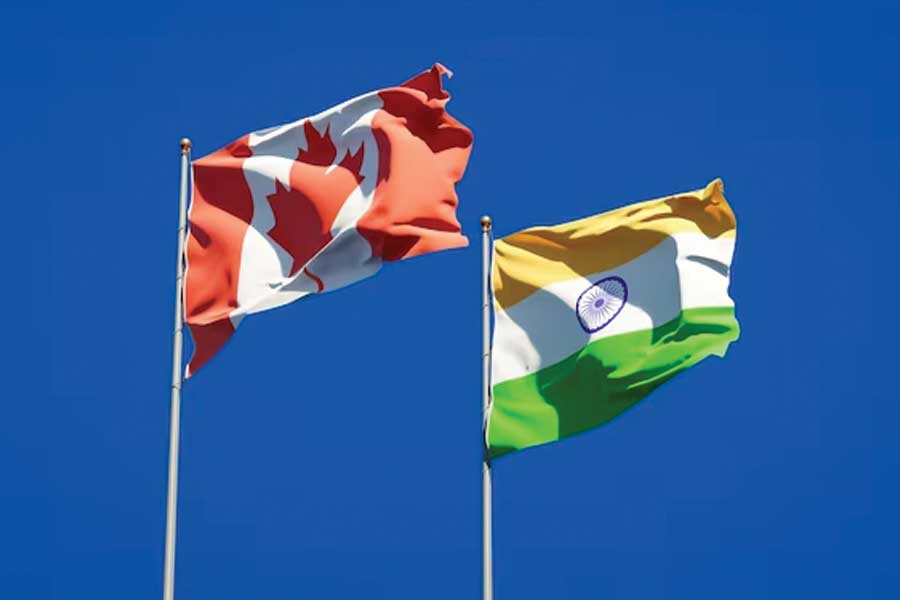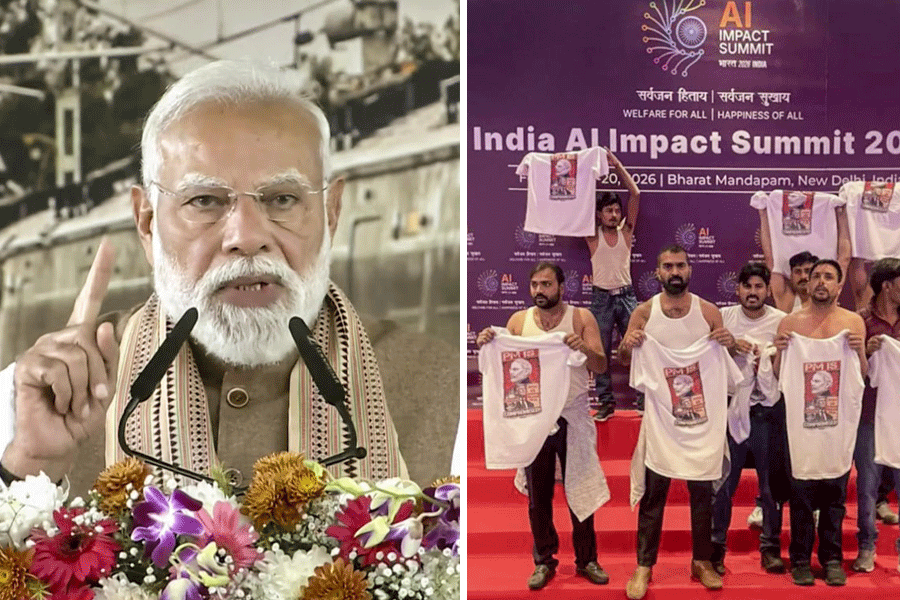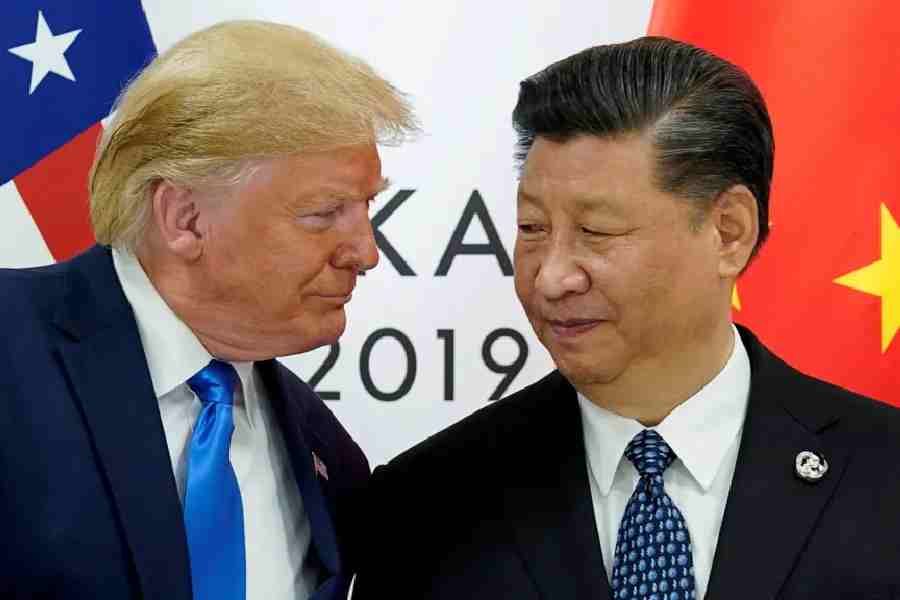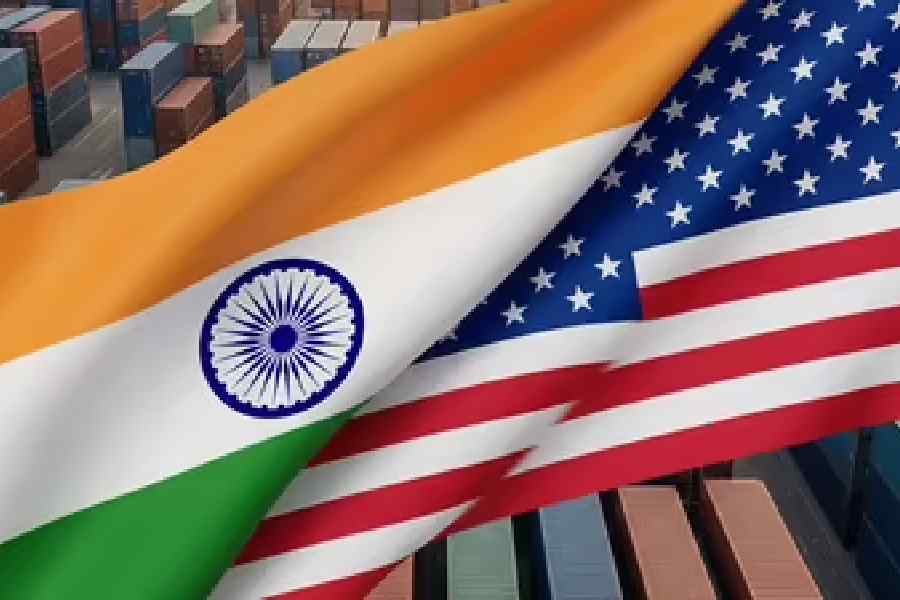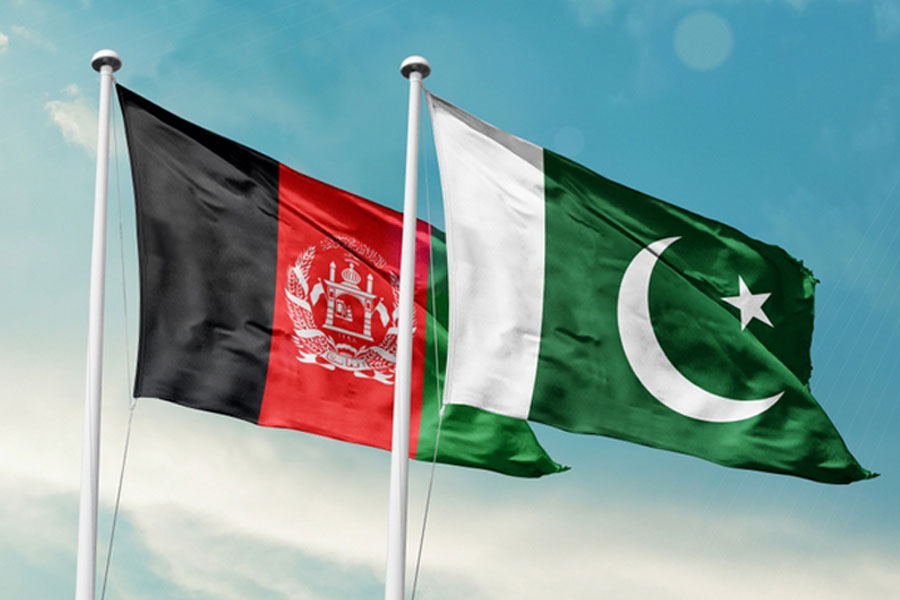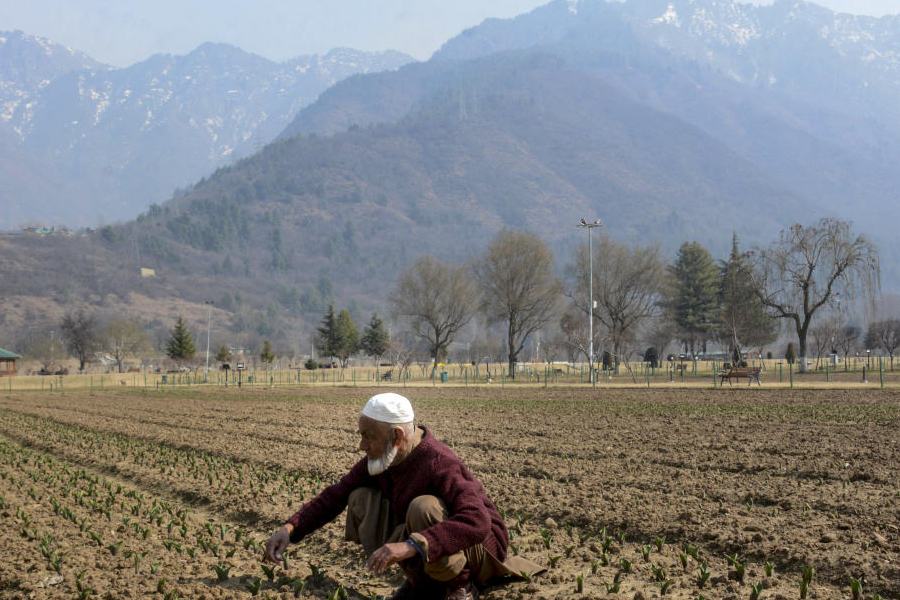An agonizing five-year wait to visit India was supposed to come to an end for Debashree Bhattacharya, a Toronto-based freelance journalist and a mother of two. It didn’t.
Come Tuesday, Debashree planned to visit the Indian Embassy visa office in Brampton, a bustling neighbourhood in the Greater Toronto Area, to apply for a travel visa for her younger son, a toddler and a US citizen by birth. But now, after the Indian government indefinitely suspended visa services from Canada, the excitement of meeting her parents and relatives back in Calcutta getting cruelly dashed to the ground sounds like a real possibility.
For Debashree, euphoria quickly gave way to anger and deep disappointment as she struggled to come to terms with the likelihood of her travel plans getting frustrated for the second time in a row after the Covid pandemic ruined her first.
“It’s not anxiety or that nagging feeling of uncertainty and insecurity because the ground reality here warrants none of it,” Debashree, who holds a Permanent Resident (PR) status in Canada, said after abruptly finding herself at the receiving end of the sudden nose-dive in India-Canada diplomatic relations. “We are told that visa offices here are shut and there’s no clarity on when the services might resume,” she sounded crestfallen.
Debashree, currently an Indian passport holder, moved to Oakville in Ontario from Cupertino, California, her previous place of stay, in October, 202. She is planning to apply for Canadian citizenship later this year followed by an application for an Overseas Citizen of India (OCI) card. “I am aware of the developments that have taken place since July 18 when pro-Khalistan activist Hardeep Singh Nijjar was found dead in British Columbia,” the journalist said. “But I wasn’t expecting this kind of advisory to come from the Indian government. It felt kind of knee-jerk,” she commented, referring to the September 20 MEA travel advisory for Indians residing in Canada.
Debashree argues that the advisory urging Indian citizens to “exercise utmost caution” is “misleading” and “impossible to implement”.
“Such advisories should be given keeping in mind the demographic reality of Canada. What if I need to travel to, say Brampton, a place considered to be the hotbed of Khalistani radicals, for work. The town houses a host of offices which Indians need to visit and that’s not non-essential travel. In the absence of any protection, wouldn’t such advisories trigger unwanted panic?” she asked.
“The government, clearly, fails to understand that there are thousands of blue-collar and frontline Indian workers who need to travel to work daily and ‘caution’ means nothing to them,” Debashree stated.
“The only serious apprehension I had right from the beginning of this crisis unfolding was how this could affect our movement within and outside Canada,” she held, “and that’s exactly what seems to be ominously coming true.”
Debashree’s husband, Pankaj, a data scientist, echoed his wife’s frustration. “These developments are a bolt from the blue. This is an unfortunate posturing by both governments driven by their own political compulsions,” he said.
Pankaj worries about what he calls “an already prevailing underlying tension” in pockets of the Greater Toronto Area which has witnessed enhanced activities of radical Khalistanis in the recent past and fears that the current developments may just add a spark to that simmering trepidation.
Voicing apprehensions about what lies in store for his citizenship aspirations in the wake of the frosty relationship between the two governments, Pankaj said: “We have been model citizens in this country, obeyed its laws and paid our taxes. In short, we kept our side of the bargain. But now, I am not so sure that Indians would be treated fairly by the Canadian establishment.”
Sisir Bajoria, a core-committee member of the BJP’s foreign affairs desk, disagrees with the couple’s concern. “The visa freeze is only for Canadian nationals, not just in Canada but across the globe. The suspension does not apply to citizens of non-Canadian countries,” Bajoria maintained. “As far as Canadian nationals with Indian origins are concerned, they are free to apply for OCI cards and then they won’t face any kind of travel embargo,” he added while insisting that OCI services in Canada remain functional as before.
For Anjan Sengupta, who’s been in Canada for less than two years in his capacity as a senior executive in a firm that deals with industrial waste recycling, the larger questions confronting him are centred around the socio-economic problems the Canadian society is currently riddled with. “Issues like the crippling housing crisis, spiraling inflation, insufficient job creation and incapability of the local industrial sector to accommodate immigrants in jobs matching their qualifications are some of the major challenges this government faces. The diplomatic standoff will only add to the muddle the Indians currently find themselves in,” he opined.
“To me, the ground situation is not much of a bother, not at least at this stage. But there’s no telling where all this might lead to in the near future,” his concern was evident.
The "setback" to the aspiration of living the Canadian dream in the Trudeau regime is what, some feel, has led to a “reverse brain drain” of immigrants, said Adrish Saha, an IT professional who has spent four years living in Toronto: “The geopolitical tension between the two nations is the last thing we wanted at this stage. It has led me to reconsider my plans to apply for citizenship in this country where basic stuff like buying groceries or paying house rent and car insurance premium burns holes in our pockets. I am now thinking whether I should hold on to my Indian passport instead and return to my country before this crisis aggravates any further.”
“Many of my friends have already backed out after putting in their citizenship applications and I can understand why,” he remarked.
But the crisis seemed clear and present for Neeva Paul, a teacher based out of the UAE and having her roots in Calcutta. She is worried stiff for her 23-year-old son pursuing higher studies in Computer Science at a university in Canada. “The Indian advisory especially pinpoints students and asks them to remain vigilant in the wake of the deteriorating security environment in that country. I agree and I am perturbed because the students are more vulnerable than other groups if law and order concerning Indians in Canada becomes an issue,” she said.
[The Telegraph Online has changed the names of all persons spoken to for this report to protect their identities in view of security concerns]

